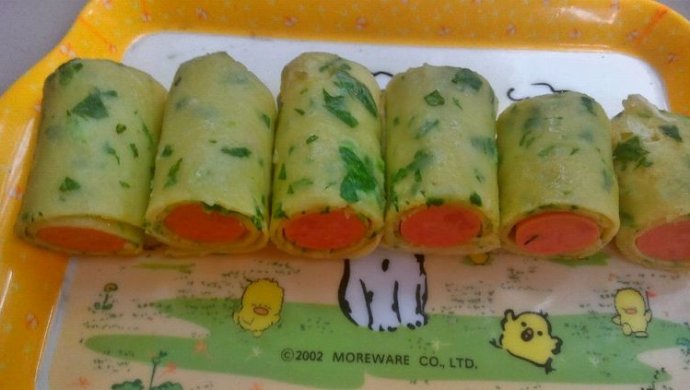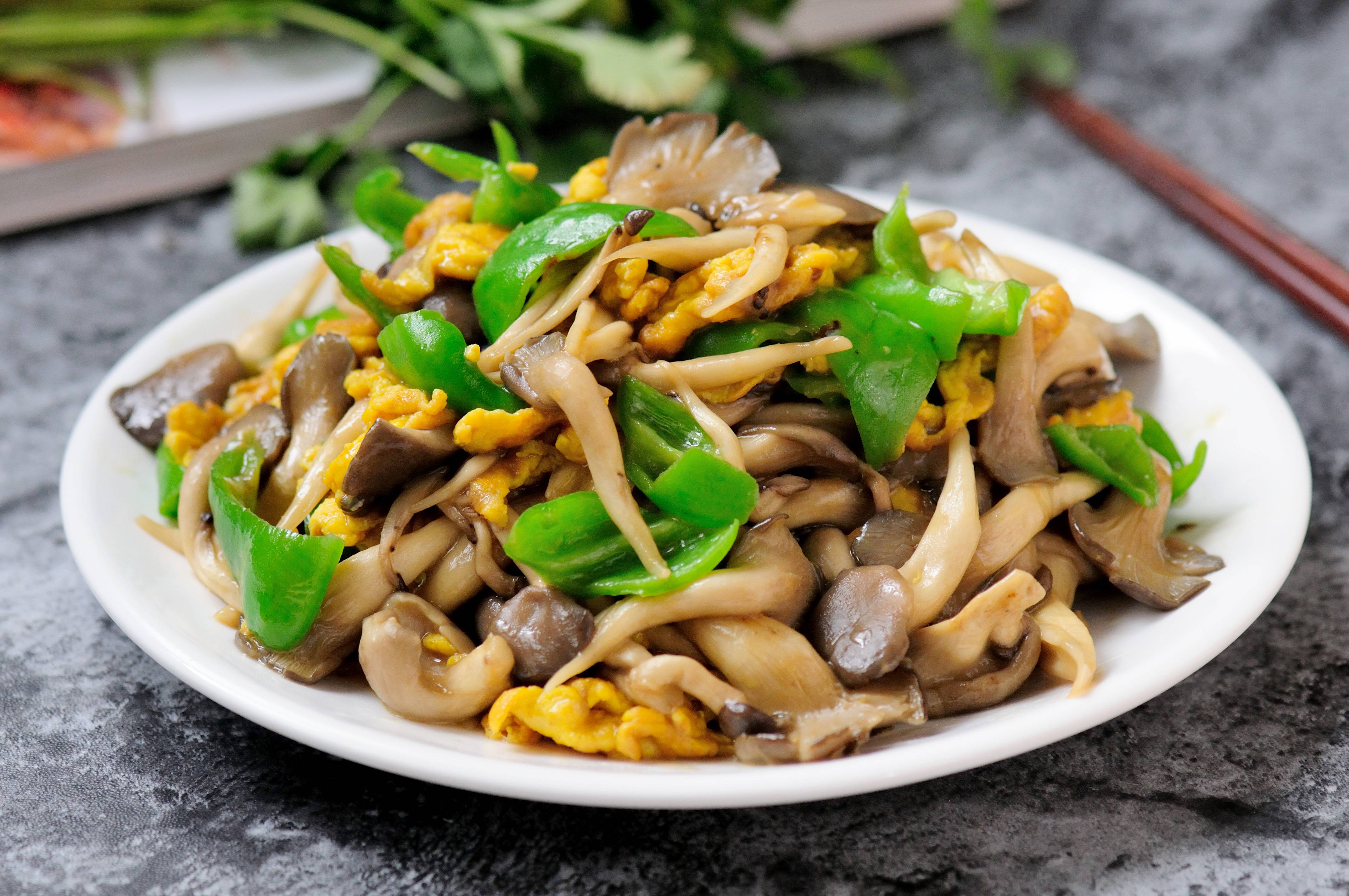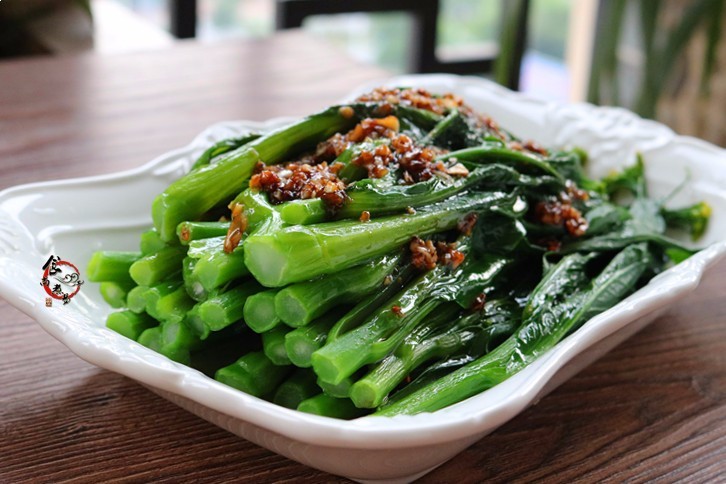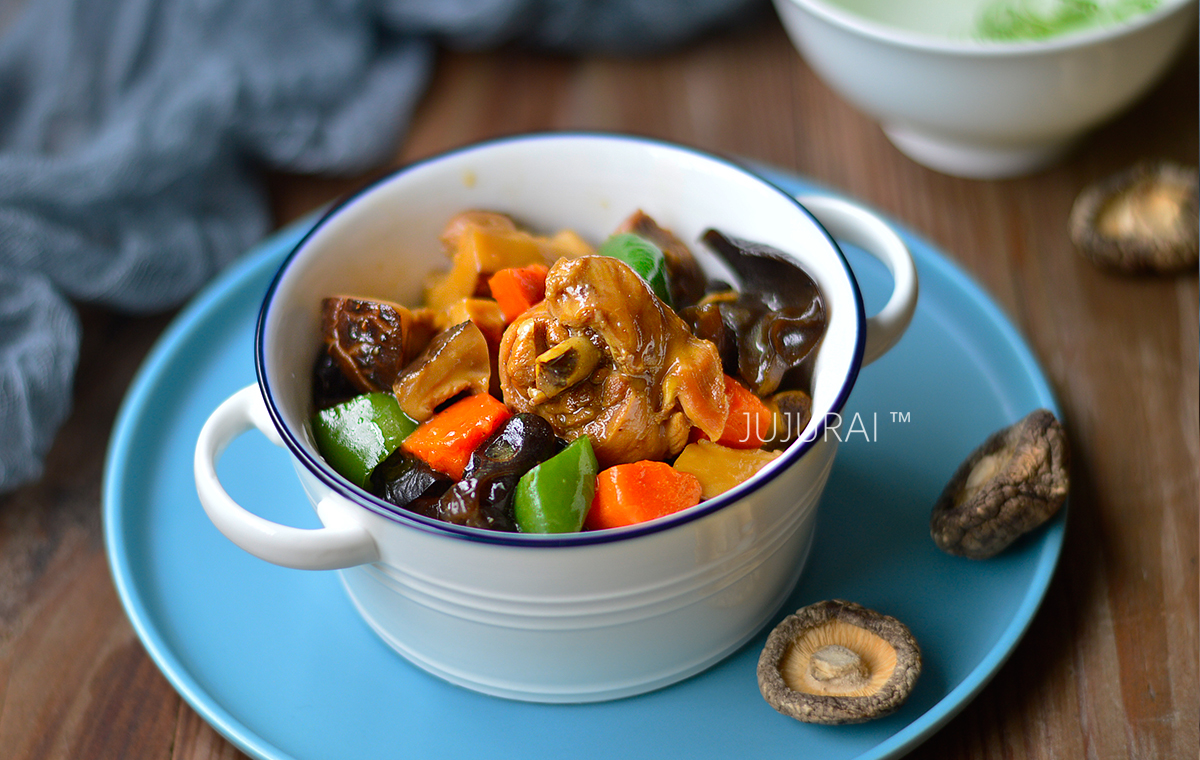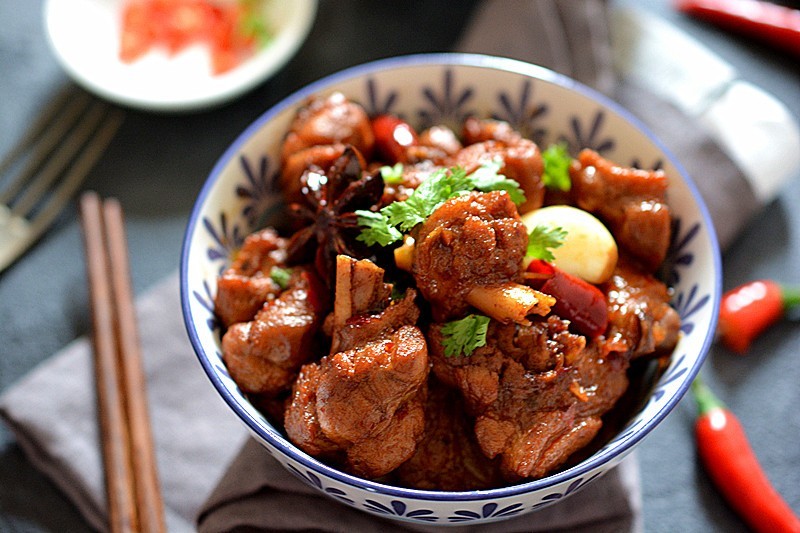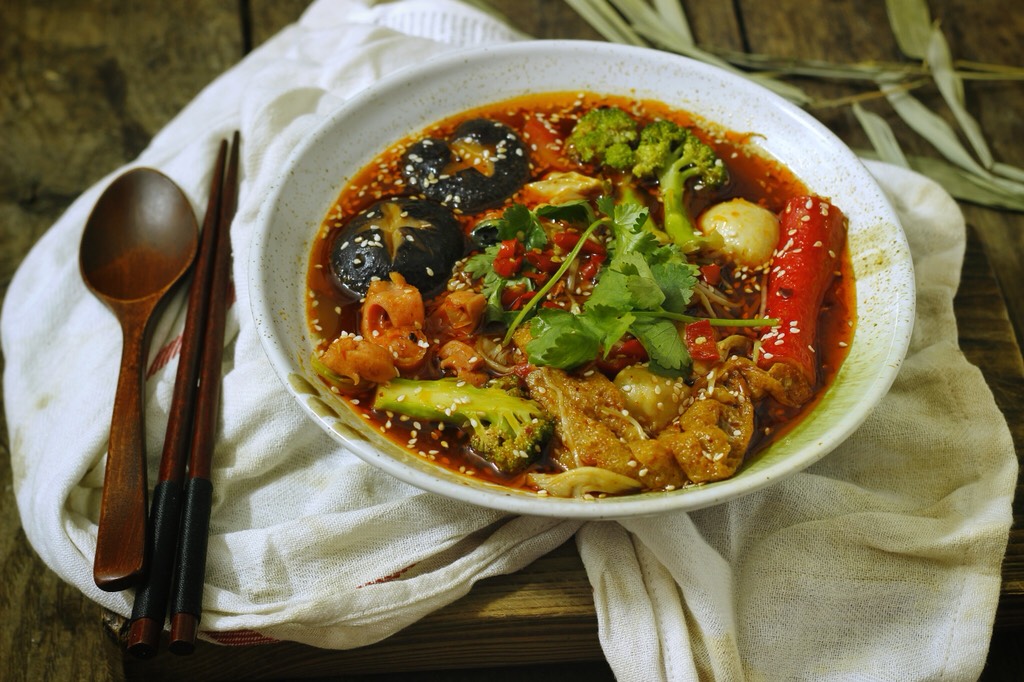Red Date Glutinous Rice Dumplings
| Zongye 1 handful | Glutinous rice 500g |
| Jujube 20 | Cotton string 20 items |
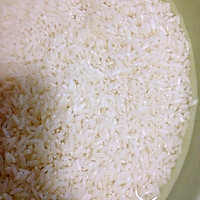
Step 1
Wash the glutinous rice and soak it in warm water for about 2 hours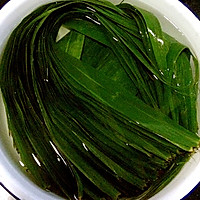
Step 2
Wash the rice dumpling leaves, blanch them in boiling water for about five minutes, and then soak them in cold water for about two hours.The rice dumpling leaves won’t crack easily when wrapped like this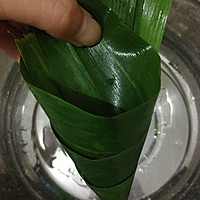
Step 3
Take three rice dumpling leaves, stack them together, and tuck one end of the big head into a funnel shape. Be sure to close the tips tightly to prevent rice from leaking out.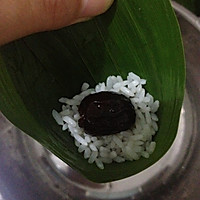
Step 4
First put a little glutinous rice, then a jujube (the rice dumplings I made are small and the jujubes are larger, just enough for one, you can put more for larger rice dumplings)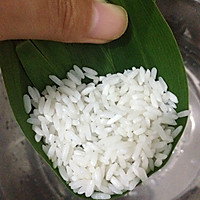
Step 5
Finally, fill in the glutinous rice, press it tightly, cover the glutinous rice with the rice dumpling leaves behind the funnel with your left hand, and grab it at the tiger's mouth with your right hand to form a blind corner of the rice dumpling. Wrap the excess rice dumpling leaves tightly around the rice dumpling.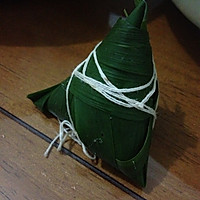
Step 6
The tightly wrapped zongzi is completed. Wrap it with cotton rope. Pay attention to the moderate tightness. Cut off the extra tips at the end of the zongzi leaves and check that there is no leakage of rice. That's it.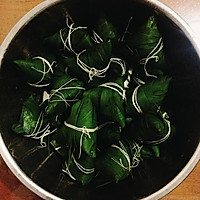
Step 7
Cook rice dumplings in a pressure cooker: Put the rice dumplings into the pot, pour in water 1-2cm higher than the rice dumplings, and cook for 20-30 minutes after the rice dumplings are steamed up.Can. After cooking, let it deflate naturally and don't open the lid. Let it simmer for about two hours before opening it. The taste and texture will be better. (I cooked it in the evening and left it simmering all night, then opened the lid in the morning)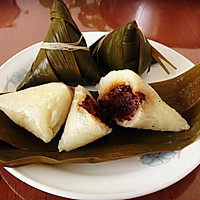
Step 8
duang~The finished product is finished, the texture is pretty good and the taste is not bad either Recipe for cooking red date glutinous rice dumplingsWash the fresh rice dumpling leaves and blanch them in boiling water for about five minutes, then soak them in cold water for a longer time, so that the leaves will not crack easily when wrapped.

